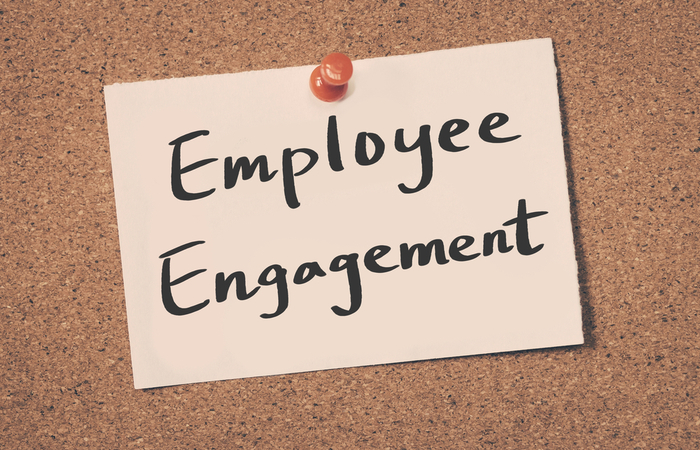 Half of organisations that have not begun to invest in equality, diversity, inclusion and belonging (EDIB) suffered a decline in employee engagement over a 12-month period, research has shown.
Half of organisations that have not begun to invest in equality, diversity, inclusion and belonging (EDIB) suffered a decline in employee engagement over a 12-month period, research has shown.
Employee engagement service WorkBuzz’s The state of employee engagement report, based on insight from more than 300 organisational leaders, HR professionals, and industry experts, discovered that employers progressing EDIB initiatives were more likely to report increased employee engagement levels.
Just 20% of those with no such plans in place saw higher engagement in the year to last summer, compared with 45% of those at the ‘act’ stage of including staff in diversity planning.
Furthermore, just 27% of organisations acting on EDIB strategy reported declining employee engagement.
Steven Frost, founder and chief executive of WorkBuzz, said the research suggested that inclusive cultures create more positive employee experiences that directly impact engagement levels.
He explained that organisations not making efforts to nurture an environment of belonging for all are damaging employee relations which in turn impacts on organisational culture, wellbeing, and staff turnover.
One in five people polled said their organisation had made no focused effort to implement diversity and inclusion policies.
“The correlation between EDIB initiatives and employee engagement is striking,” said Frost.
“Given that HR professionals see the creation of a diverse and inclusive workplace as one of their top priorities right now, it’s worrying that so many organisations are still yet to begin their EDIB journey.”
Boosting employee experience and engagement was cited as a priority by 57% of respondents to the report, with supporting staff wellbeing a very close second after being selected by 56%.
Staff valued flexible hours and locations of work more in 2021 than a year earlier according to 92% of HR professionals polled. Benefits such as private healthcare, pension and salary were further down the list, with far fewer HR staff saying these had gained in importance to employees.